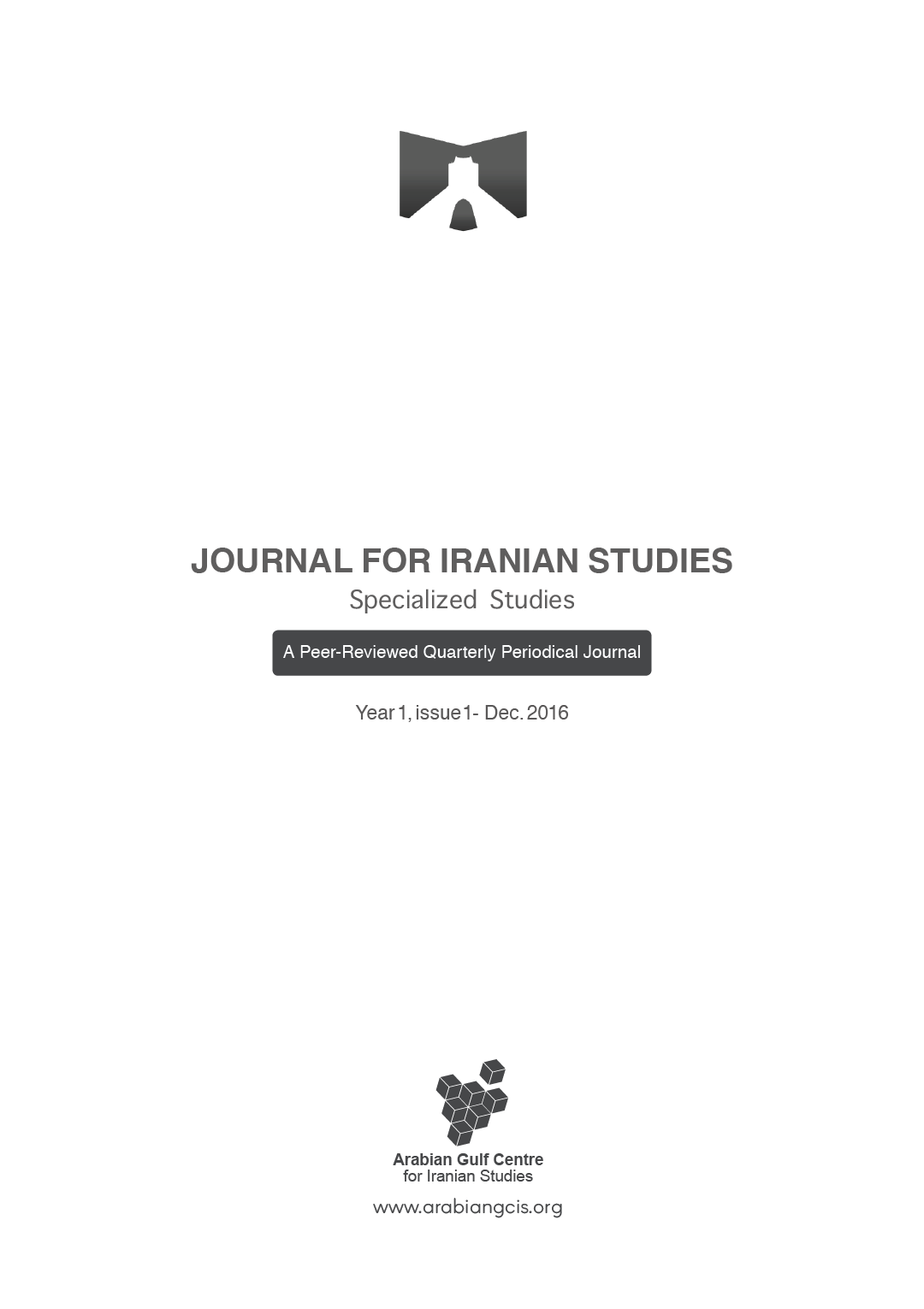Ashraf Kishk (PH.D.)
Relations between the Iranian regime and the Gulf states are currently witnessing a worsening of the state of chronic conflict, which has in reality lasted since the Iranian revolution in 1979 until the present since a primary goal of the regime is to export its “Islamic Revolution” regionally and internationally, with the Gulf states being the first target of this expansionism.
While the Gulf states had previously able to manage the conflict with Iran, preventing it from expanding beyond its own boundaries, recent regional transformations, particularly in countries such as Syria, Iraq and Yemen, have provided another opportunity for Iran to extend its regional influence through its regional proxies, primarily non-state groups,which have sought to demolish and dismantle formerly unified nation-states, posing a direct threat to the Gulf states’ security.
This has led to a new phase of the Gulf-Iranian conflict, especially in light of the Gulf Cooperation Council’s (GCC) member states’ military intervention in Yemen in support of the legitimate government there, and the GCC’s and Arab League’s
decision to brand Hezbollah as a terrorist organization, along with the stiff sentences imposed by the courts in some Gulf states against Hezbollah- and Tehran-linked individuals involved in espionage.

